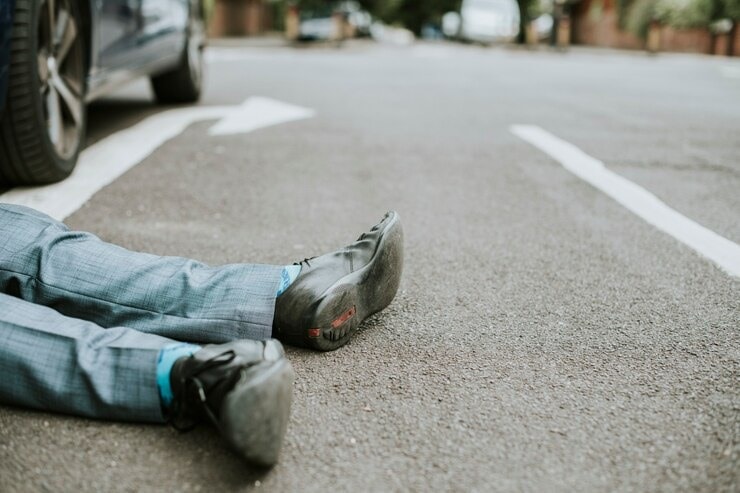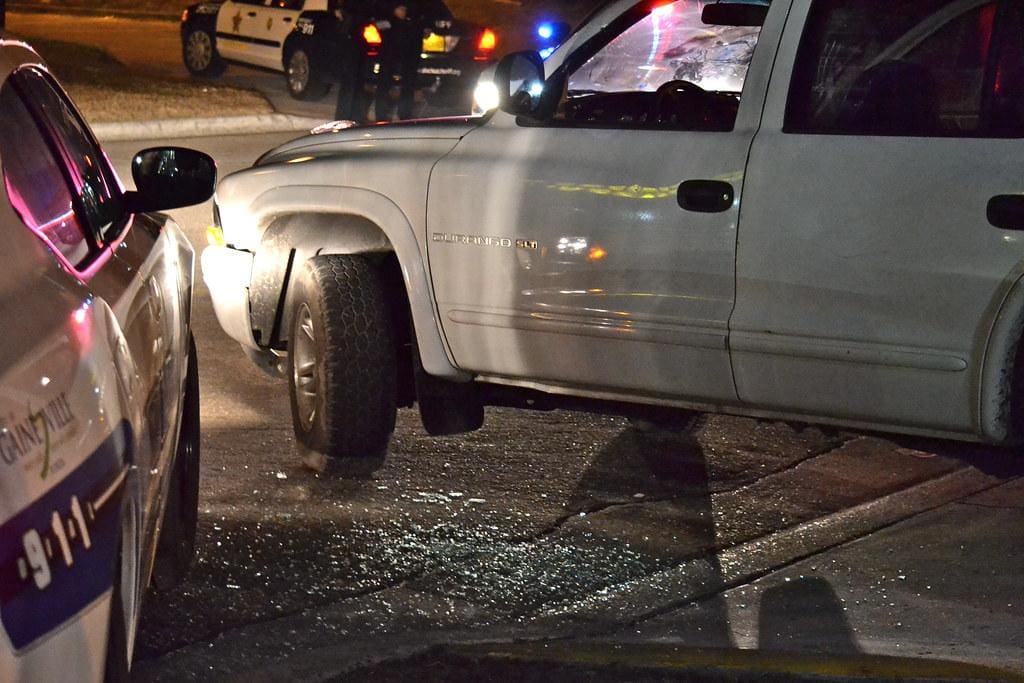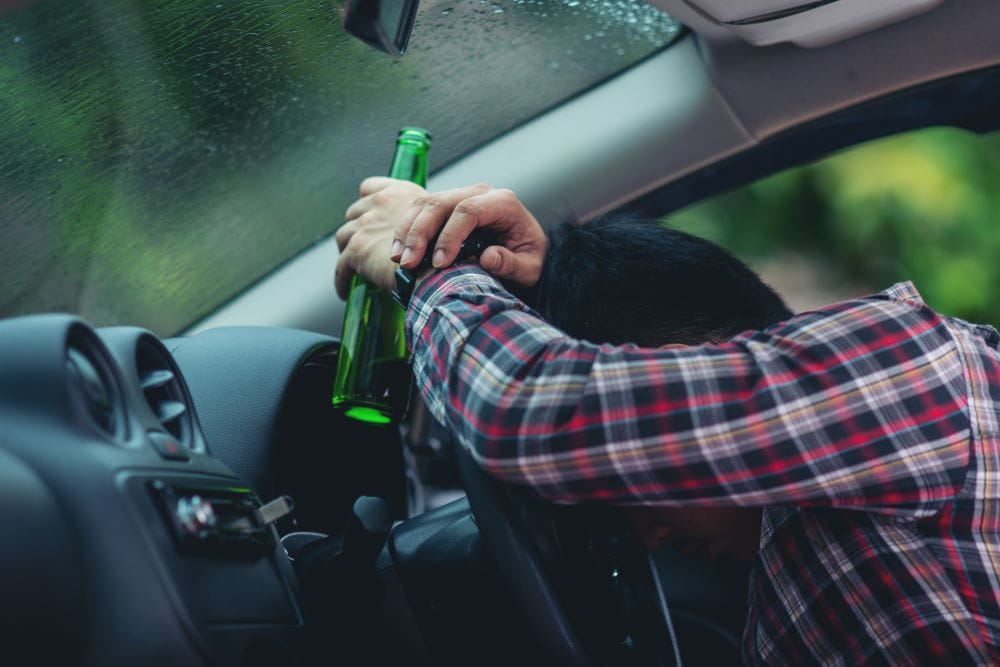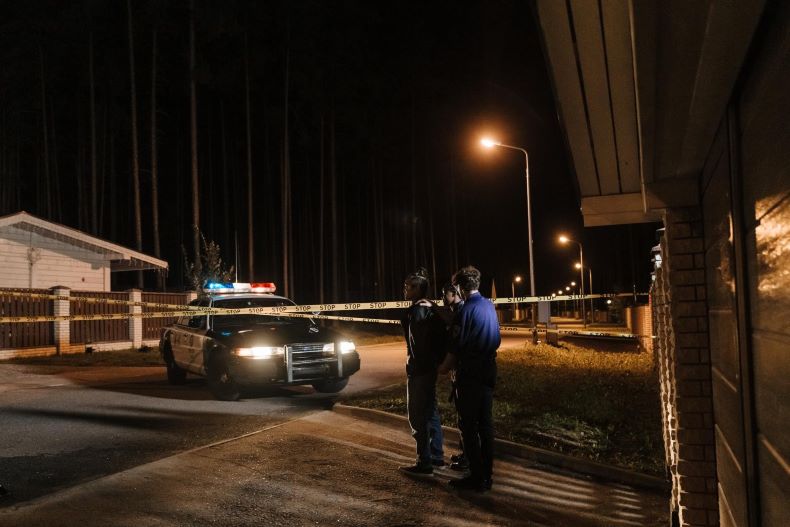
Driving under the influence (DUI) is a serious offense that can have severe consequences, especially when it results in death. In the state of Nevada, the legal system takes a firm stance against DUI cases, particularly those that lead to fatalities.
If you or someone you know is facing legal challenges related to DUI resulting in death, it is crucial to understand the penalties, legal nuances, and potential defenses available. In this article, we’ll explore the punishment for DUI resulting in death in Nevada, the penalties for a DUI conviction with substantial death, what Nevada law dictates in such cases, common defenses, and how an experienced attorney can assist in navigating through this complex legal terrain.
What Are the Consequences for DUI Resulting in Death?
When a DUI incident leads to a fatality, the legal consequences become exponentially more severe. Nevada law treats DUI resulting in death as a Category B felony, carrying substantial penalties for the convicted individual. The consequences include imprisonment, fines, and a long-lasting impact on one’s criminal record.
Penalties for a DUI Conviction with Substantial Death (Felony)
A DUI resulting in death is categorized as a felony in Nevada. The penalties for a felony DUI conviction involving substantial death are substantial and can include:
Prison Sentence: Individuals convicted of DUI resulting in death may face a prison sentence of up to twenty years. The severity of the punishment depends on factors such as prior DUI convictions, the defendant’s blood alcohol content (BAC), and the circumstances surrounding the incident.
Fines: The financial repercussions of a felony DUI conviction are significant. Fines can range from $5000 to $2000, burdening the convicted individual considerably.
License Revocation: A DUI resulting in death often results in the revocation of the driver’s license. This can profoundly impact the individual’s ability to commute, work, and maintain a normal life.
Ignition Interlock Device: In some cases, the court may order the installation of an ignition interlock device, requiring the individual to pass a breath test before starting their vehicle.
Probation: Alongside imprisonment, the court may impose a probation period during which the convicted individual must adhere to strict conditions set by the court.
What Does Nevada Law Say About DUI Resulting in Death?
Nevada law treats DUI resulting in death as a Category B felony, which is a grave offense. The statutes governing this crime are designed to address the severity of the consequences and deter individuals from driving under the influence. According to Nevada law, a person is guilty of DUI resulting in death or serious bodily injury if they drive or are in actual physical control of a vehicle while under the influence of alcohol, a controlled substance, or a prohibited substance, and as a proximate cause of the influence, the person causes the death of another person.
It’s essential to note that the term “proximate cause” is crucial in these cases. The prosecution must prove that the defendant’s actions were the direct and foreseeable cause of the death. This legal element often becomes a focal point in DUI resulting in death cases, and can be challenged by an experienced defense attorney.
Common Defenses for DUI Resulting in Death
Defending against a DUI resulting in a death charge requires a nuanced understanding of the law and the ability to construct a robust defense. Some common defenses include:
Challenging Blood Alcohol Content (BAC) Results
The accuracy of blood alcohol content results can be challenged on various grounds, including improper testing procedures, faulty equipment, or mishandling of samples.
Questioning Proximate Cause
Establishing reasonable doubt regarding the defendant’s actions as the proximate cause of the death is a crucial defense strategy.
Examining Police Procedures
An experienced attorney will scrutinize the actions of law enforcement during the arrest and investigation to ensure that the defendant’s rights were not violated.
Rising Blood Alcohol Content
It’s possible to argue that the defendant’s BAC was rising at the time of the accident, and they were not above the legal limit while operating the vehicle.
Challenging the Duty Imposed
If the defendant was not in actual physical control of the vehicle at the time of the incident, it could be a valid defense against drunk driving resulting in a death charge.
How an Attorney Can Help
Facing criminal charges for DUI resulting in death is an incredibly serious matter, and having a skilled attorney by your side can make a significant difference in the outcome of your case. Here are ways in which a seasoned DUI defense attorney can provide valuable assistance:
Navigating Legal Procedures: An experienced attorney understands the complexities of the legal system and can guide you through the court process, ensuring that you are aware of your rights and obligations.
Building a Strong Defense: Attorneys will thoroughly investigate the details of your case, working to build a robust defense strategy that challenges the prosecution’s evidence and arguments.
Negotiating with Prosecutors: In some cases, negotiating a plea bargain may be a strategic move. A skilled attorney can advocate for reduced charges or penalties through negotiation with the prosecution.
Protecting Your Rights: Your attorney will safeguard your constitutional rights, ensuring you are treated fairly throughout the legal proceedings.

Get Help from a Proficient DUI Defense Attorney at BLG
In Las Vegas and across Nevada, the legal consequences for DUI resulting in death are severe, with individuals facing felony charges that can lead to lengthy prison sentences and significant fines. Understanding the nuances of Nevada law, potential defenses, and the crucial role of an experienced attorney is essential for those grappling with such serious charges.
If you or a loved one is facing the daunting prospect of a drunk or drugged driving resulting in death charge, seeking legal guidance is imperative. An experienced attorney can be your advocate, protecting your rights and navigating the legal complexities, ultimately striving for the best possible outcome in a challenging situation. Remember, legal expertise can be the key to securing a fair and just resolution in the face of life-altering criminal charges.
Facing DUI charges resulting in death is a daunting situation. BLG is your partner in navigating the legal complexities and building a robust defense. Our skilled attorneys are ready to provide the guidance and support you need during this challenging period. Don’t face this alone; let BLG Law Firm fight for you.
Contact us today for a free consultation.
FAQs
What is the NRS for DUI causing death?
In Nevada, the NRS (Nevada Revised Statutes) for DUI-causing death can be found in various sections, including NRS 484C.430. Penalties for DUI causing death are severe and can include significant fines, imprisonment, and other consequences.
How long do you go to jail for vehicular manslaughter in Nevada?
Penalties for vehicular manslaughter in Nevada vary depending on the circumstances of the case. Sentences can range from probation and fines to significant prison terms. The specific duration of imprisonment will depend on factors such as the degree of negligence, previous criminal history, and other considerations.
Is a DUI in Nevada a felony?
In Nevada, a DUI can be charged as a felony under certain circumstances. Generally, a first or second DUI offense is considered a misdemeanor. However, if there are aggravating factors, such as causing substantial bodily harm or death, or if it is a third or subsequent offense within a specified time frame, it may be charged as a felony.
What is the 2-hour rule for DUI in Nevada?
The 2-hour rule in DUI cases generally refers to the requirement that a chemical test (blood, breath, or urine) be administered within two hours of the suspect’s arrest. This is important for determining the suspect’s blood alcohol concentration (BAC) at the time of driving. If the test is not conducted within this time frame, it could impact the admissibility and reliability of the BAC results in court. It’s important to note that specific details and requirements may vary, so consulting with a legal professional is advisable.





